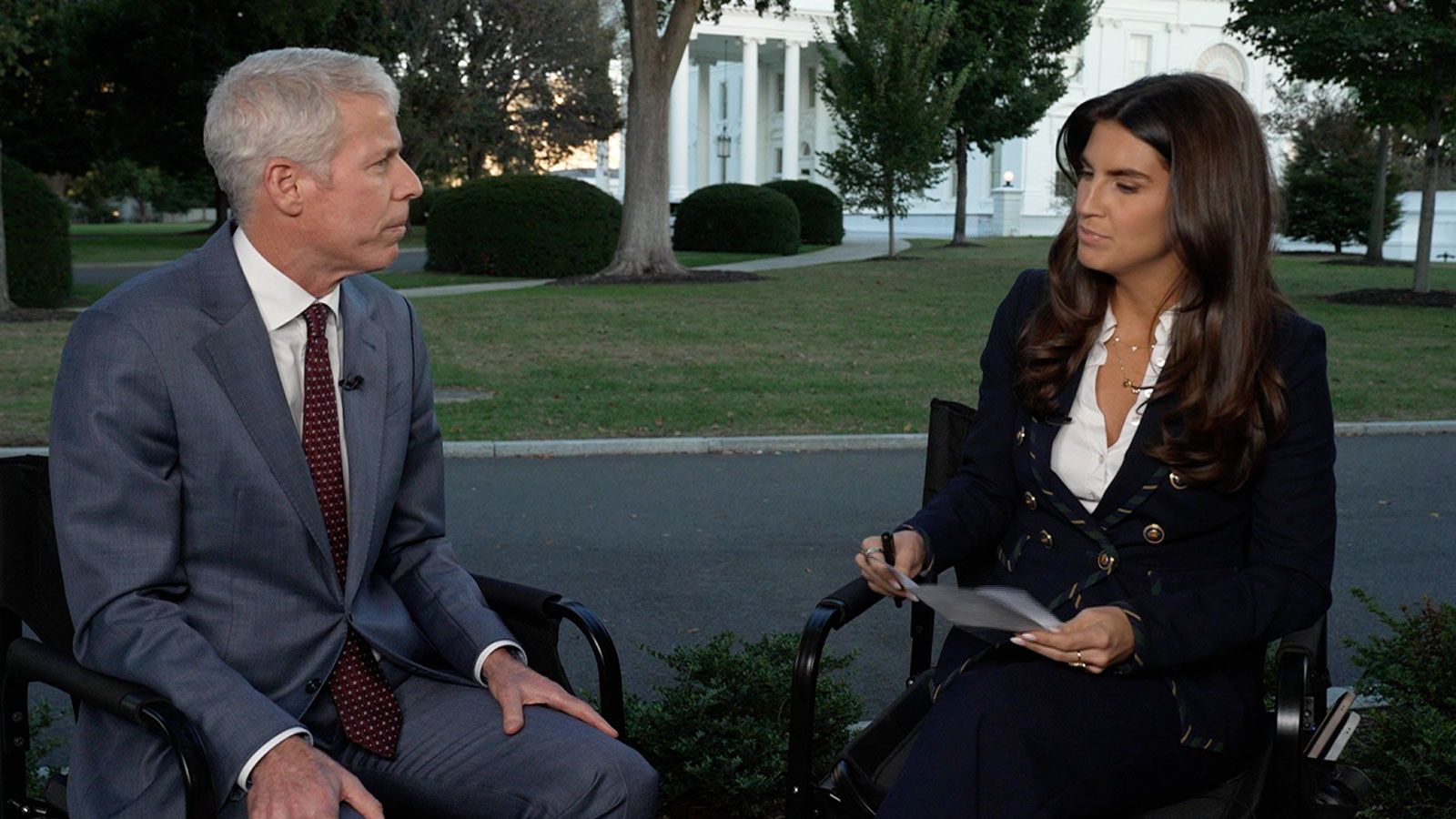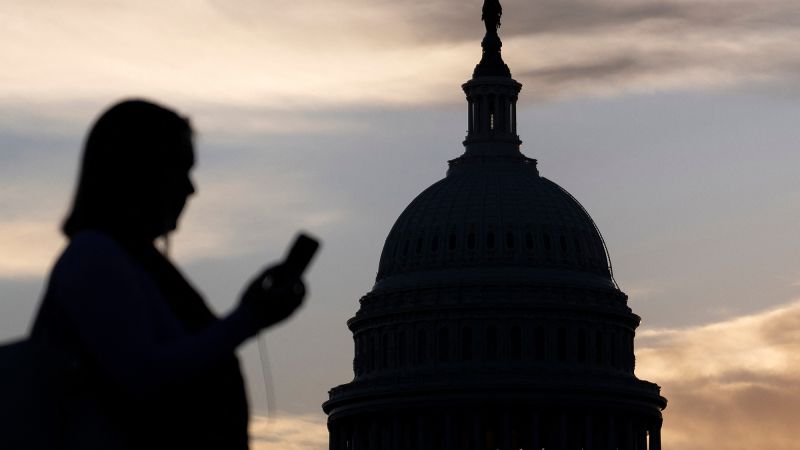Climate Funding Cuts: The Implications and Reactions

Recent Announcements from the Energy Secretary
On Thursday, Energy Secretary Chris Wright spoke candidly about the recent funding cuts to climate initiatives, emphasizing that these decisions were not influenced by the ongoing federal government shutdown. During an interview with CNN’s Kaitlan Collins on “The Source,” Wright targeted primarily Democratic-led states, drawing attention to the political implications of these cuts.
Clarifying the Funding Cuts
Wright firmly stated, “These cancellation decisions are absolutely not tied to the government shutdown,” a remark aimed at assuaging concerns that the funding halts were politically motivated. He maintained that the cuts were longer-in-the-making decisions, rooted in evaluations rather than current political climates.
In his remarks, Wright categorized these cuts as “business decisions,” arguing they reflect a greater scrutiny over the use of taxpayer dollars. He clarified that these projects, which have faced cancellation, will not be reinstated once budgetary constraints ease.
Evaluating the Decision Process
While the announcement was made by Office of Management and Budget Director Russ Vought, Wright clarified that the decision-making process occurred within the Energy Department. He mentioned that it involved “thousands of work hours to evaluate these projects,” highlighting an in-depth review rather than impulsive cuts.
Wright faced inquiries about whether these funding decisions disproportionately affected states that voted for former Vice President Kamala Harris during the last election. He remained vague about future cuts, insisting that decisions regarding other states were still forthcoming.
Regional Effects and Broader Context
The canceled funding currently sits at a staggering $7.56 billion, encompassing various projects initiated under the Biden administration. These encompass endeavors across a range of energies, including renewable initiatives and fossil fuel projects. States affected by these funding cuts include California, Colorado, Connecticut, and numerous others, illuminating a widespread impact that traverses party lines.
As the season progresses, Wright hinted that additional cancellations would occur, stating, “You’ll see cancellations in red and blue states.” This implies that the ramifications of these cuts will not be confined to Democratic areas but will extend beyond political divides.
Political Maneuvering and Future Directions
Notably, the funding lapse appears to align with a broader strategy from the Trump administration to leverage financial constraints to expedite political agendas. With Republicans displaying signs of unease over this strategy, the internal political dynamics continue to evolve.
Furthermore, Trump has voiced his intentions to move forward with the proposed cuts, delegating Vought to evaluate “Democrat Agencies” for potential funding reductions. This directive illustrates an ongoing approach that could reshape the landscape of federal funding across various sectors.
In Closing
As discussions about climate funding and political maneuvering intensify, the various implications of these decisions present a complex picture. With significant amounts of funding on the line and a mix of bipartisan concerns, the interplay of environment, politics, and fiscal responsibility continues to be a topic of critical importance.



